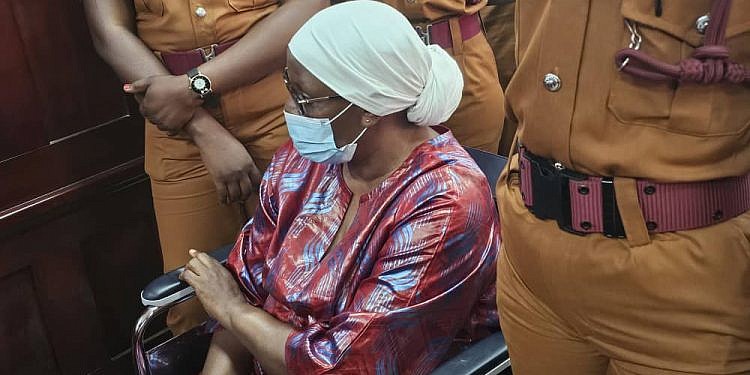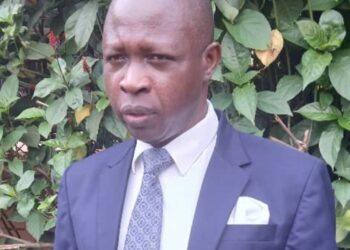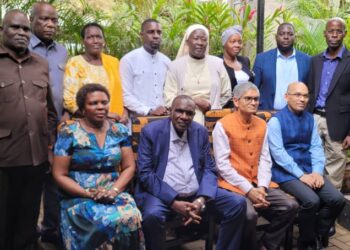KAMPALA — The prosecution in the high-profile murder trial of Molly Katanga and four co-accused for the death of her husband, Henry Katanga, has, in a surprising twist, asked the judge to block media scrutiny.
Senior State Prosecutor Jonathan Muwaganya, in a surprise oral application on Friday October 3, asked Justice Rosette Comfort Kania at the Criminal Division, two days after the trial had resumed to block commentator cum citizen journalist Anthony Natif, from writing about the trial, citing the rule subjuduce.
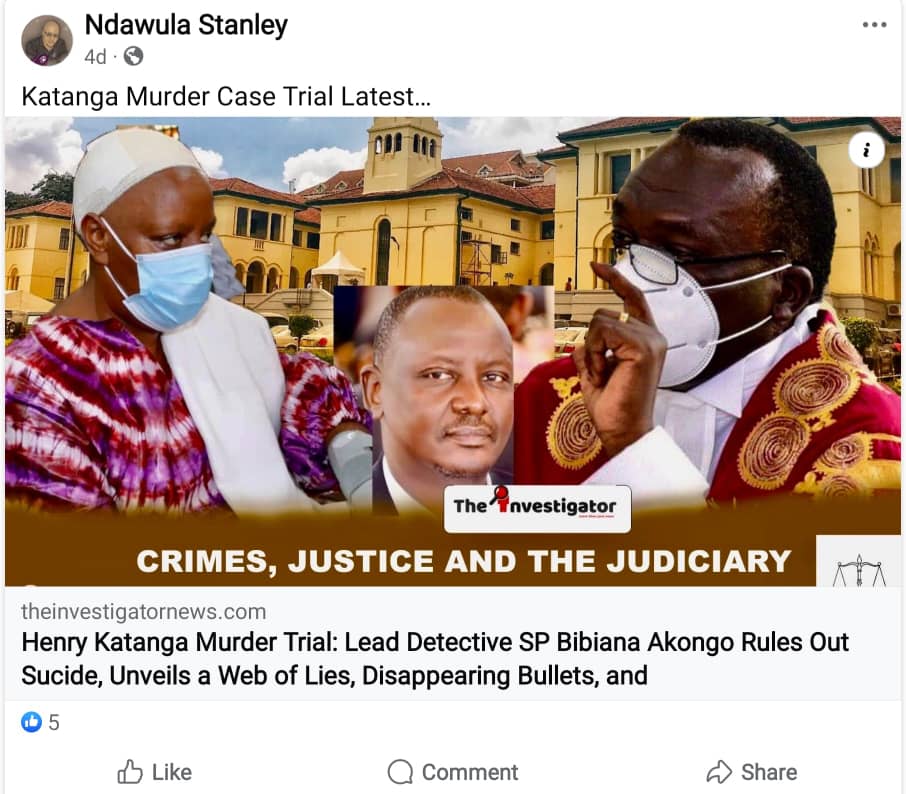
In what Mr. Muwaganya, raised to the judge as a housecleaning issue, the state prosecutor is seeking to block Mr. Natif, from covering the trial, but media commentators say such an action would set a bad precedent and also have a chilling effect on the freedom of the media to freely cover public issues.
Following a heated argument that followed between the Prosecution and Defence lawyers before open court, Judge Kania moved the session to her Chambers and after two hours of listening to both party, indicated that she would issue her ruling on the matter on Monday, October 6.
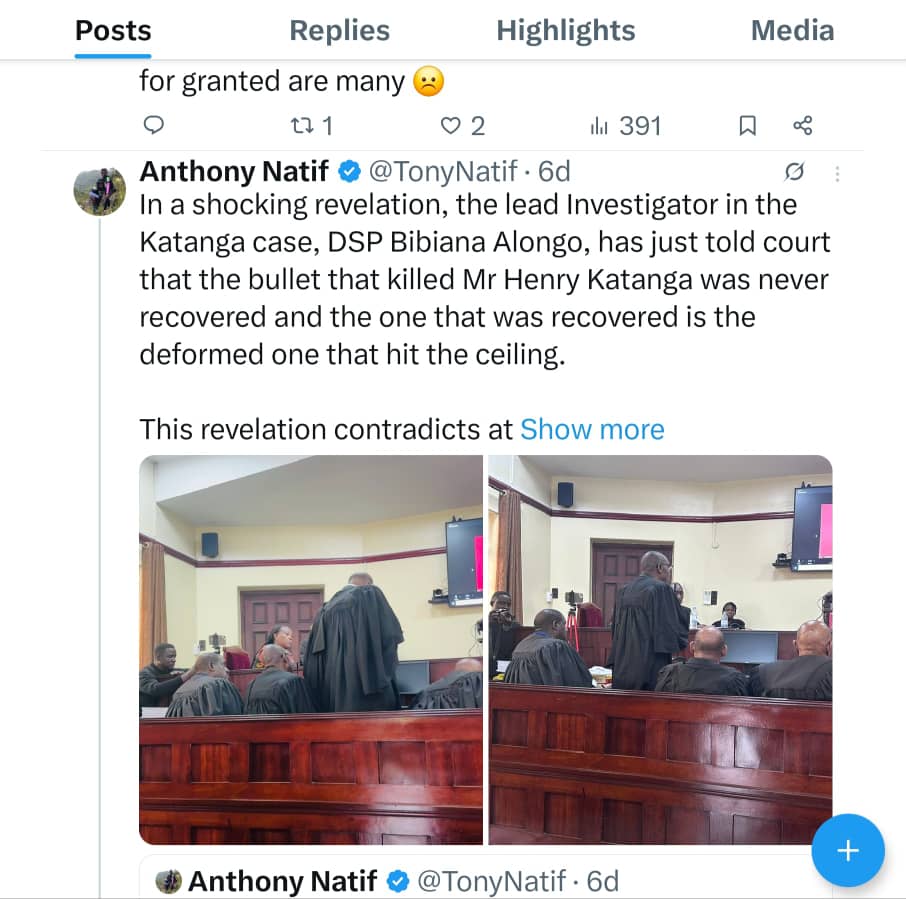
It is understood that defence lawyers questioned why Mr. Muwaganya moved to block the voices of Mr. Natif, but remained silent on another commentator, one Stanley Ndaula, who has equally provided commentary on the matter that favours prosecution arguments.
Mr. Muwaganya reportedly failed to answer to the rejoinder.
The development comes just two days after proceedings, presided over by JusticeKania, resumed on October 1 after yet another adjournment, marking the testimony of the prosecution’s 23rd witness: Detective Superintendent of Police Bibiana Akongo, who spearheaded the initial probe.
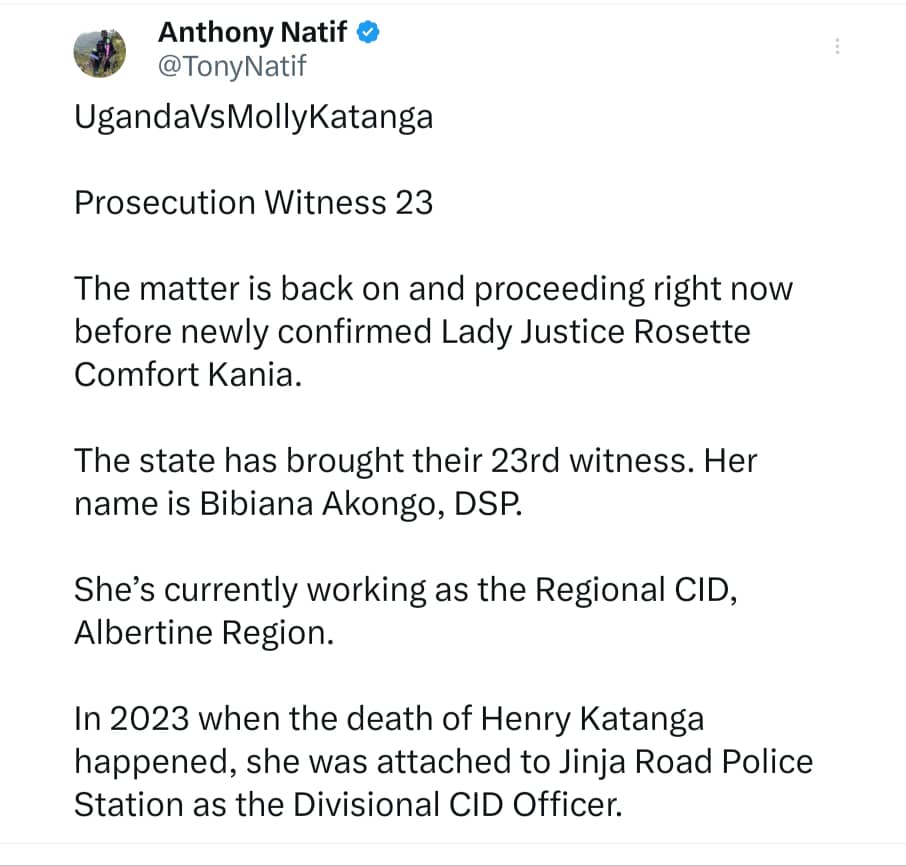
Akongo’s evidence-in-chief is set to be crucial considering the underwhelming performance of previous technical witnesses, including the head of the Forensic Laboratory Andrew Mubiru, who outed several contradictions under cross-examination.
Mr. Natif, whose meticulous court dispatches have chronicled the trial’s fits and starts, is one of the public commentators that have decried the conduct of the office of the Director of Public Prosecutions and Criminal Investigations Directorate (CID) as a “kitchen cooking up evidence.”
Their criticism gained traction after forensics chief Andrew Mubiru conceded the police lab’s partial licensing and the total depletion of DNA samples, foreclosing independent verification.
Another police Detective, Enoch Kanene’s telecom data clashed with carrier logs, prompting defense accusations of fabrication, while CCTV procurement via an illicit court order — later voided by Judge Isaac Muwata — tainted key visuals provided by prosecution.
Even scene-of-crime officer Emmanuel Ogwang crumbled under cross-examination, admitting unfilmed “visits” that rendered him, in Defence lawyer Jet Tumwebaze’s quip, an “invisible man.”
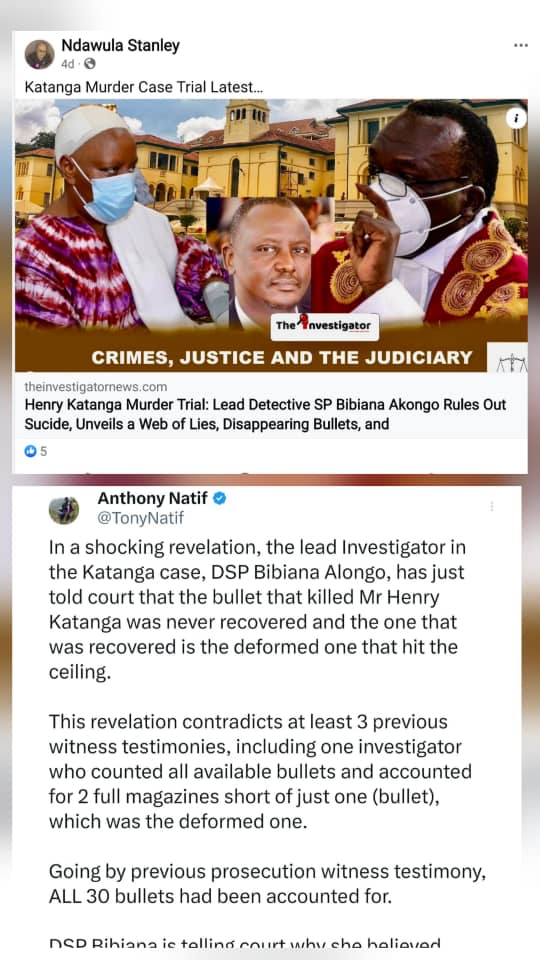
Media scrutiny from outlets like Daily Monitor, The Observer, The New Vision and Nile Post has sustained public interest in the matter, framing the Katanga saga as a microcosm of systemic frailties: from premature charging — Molly was indicted while hospitalized and sedated, sans statement — to the unexplained pivot from suicide probe to homicide indictment.
Henry Katanga died from a gunshot wound on November 2, 2023.
Molly Katanga, the 52-year-old widow, charged under Sections 188 and 189 of the Penal Code Act for murder. Her daughters, Patricia Kakwanza and Martha Nkwanzi, face accessory charges for alleged evidence tampering, while Otai and the family gardener stand accused of post-facto complicity.
Ms Katanga sustaiked over 50 head injuries, a severed finger, deep lacerations, in what the police chief of medical services Dr. Moses Byaruhanga confirmed as hallmarks of brutal assault and self-defense. “These were not superficial; without prompt care, they could have been lethal,” Byaruhanga stated on September 25 while testifying in court.
As the prosecution nears its close, it is understood that Mr. Muwaganya’s move is intended to protect Akongo from public scrutiny with cross-examination of her testimony looming this week.
All eyes on Justice Kania, whose patience has been visibly fraying, as the trial risks devolving into another emblem of judicial inertia — a protracted drama denying swift justice to all involved.
For Molly Katanga, whose poised courtroom demeanour belies 23 months of incarceration, the stakes transcend personal exoneration; they probe the very scaffolding of trust in Uganda’s rule of law.
Do you have a story in your community or an opinion to share with us: Email us at editorial@watchdoguganda.com

